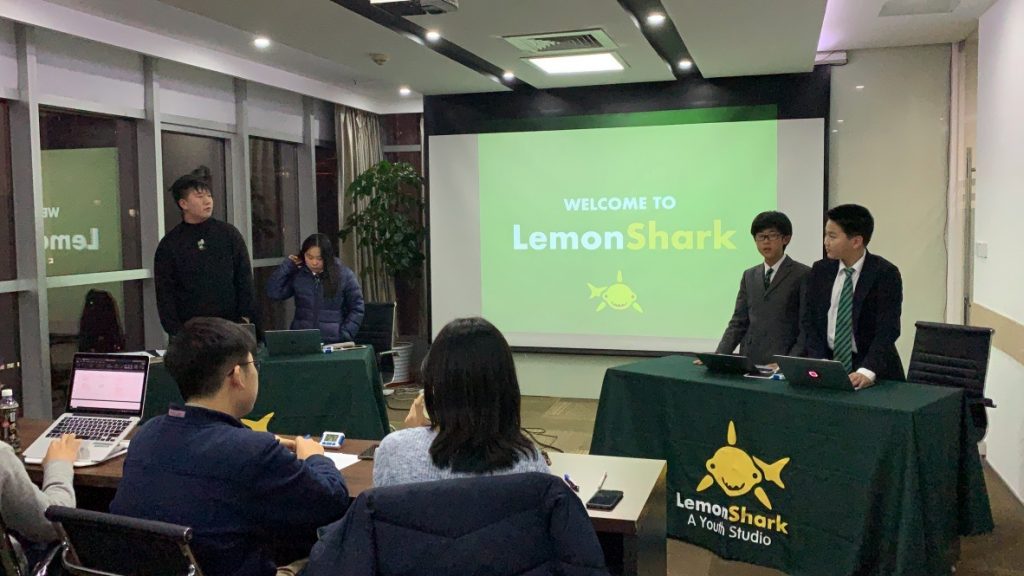“This winter break, I went to the Lemon Shark debate studio, and I’m glad I did. Just last year, I competed in a competition, many may have heard of it, it is called the World Scholars Cup (WSC). I had always supported the WSC version of debate and assumed that it was the correct way of debating. (WSC consisted of three speakers, And only allowed 7 minutes of research, and you had to stand up and impromptu.) However, I realized that this type of Debate is different from the public forum debate I have learned in the Lemon shark studio. Compared to WSC, the public forum debate is more rigorous.
In Lemonshark, we learned that Public Forum debates only consisted of two people and months of preparation time and research. The first speaker did the constructive and the summary, while the second speaker did the rebuttal and the final focus. Something I also realized at Lemonshark is that there is a process in the debate called the “crossfire”, which I never experienced in WSC. Crossfire is actually an interval in the debate where speakers stand up to ask each other questions and give explanations or evidence to other people’s questions.
During the debates in Lemonshark, I was the second speaker, and I also learned quite a few significant key points I never had the chance to experience in WSC debates.
I learned about rebuttal speeches. (I used to be a constructive person in WSC.) The rebuttal is when one person shows evidence against what the opponent had mentioned before and prove them to be wrong. I also was taught in how to do Answer to’s (It is basically a technique where people provided a claim, and explanation and evidence against denying the opponents points (though I’m still not good at it)).
I spent a lovely ten days at Lemonshark and I encourage more students who want to learn the skills of debate for there.”

